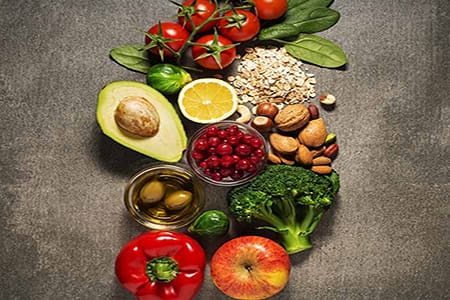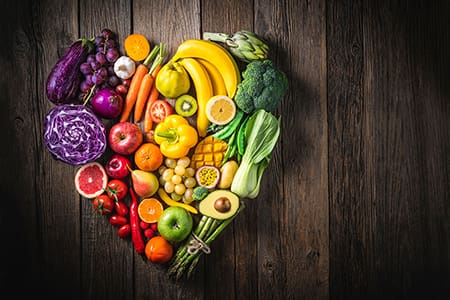The Nutrition category investigates the vital role of diet in shaping human health, well-being, and longevity—placing plant-based nutrition at the center of a holistic approach to disease prevention and optimal physiological function. Drawing from a growing body of clinical research and nutritional science, it highlights how diets centered on whole plant foods—such as legumes, leafy greens, fruits, whole grains, seeds, and nuts—can reduce the risk of chronic illnesses including heart disease, diabetes, obesity, and certain cancers.
This section also addresses common nutritional concerns by presenting evidence-based guidance on key nutrients such as protein, vitamin B12, iron, calcium, and essential fatty acids. It emphasizes the importance of balanced, well-planned dietary choices, showing how vegan nutrition can meet the needs of individuals across all life stages, from infancy to older adulthood, as well as support peak performance in physically active populations.
Beyond individual health, the Nutrition section considers broader ethical and environmental implications—showing how plant-based diets reduce the demand for animal exploitation and significantly lower our ecological footprint. By promoting informed, conscious eating habits, this category empowers individuals to make choices that are not only nourishing for the body but also aligned with compassion and sustainability.
A vegan diet holds remarkable potential to improve the quality of life for the elderly, offering a holistic approach to health and well-being. Packed with nutrient-rich fruits, vegetables, whole grains, and legumes, this lifestyle supports better digestion, reduces the risk of chronic illnesses like heart disease and diabetes, and promotes cognitive health. With its abundance of antioxidants and anti-inflammatory properties, a plant-based diet can enhance energy levels while fostering emotional balance. For seniors looking to thrive in their golden years, adopting a vegan diet could be the key to enjoying improved vitality and long-term wellness


























































